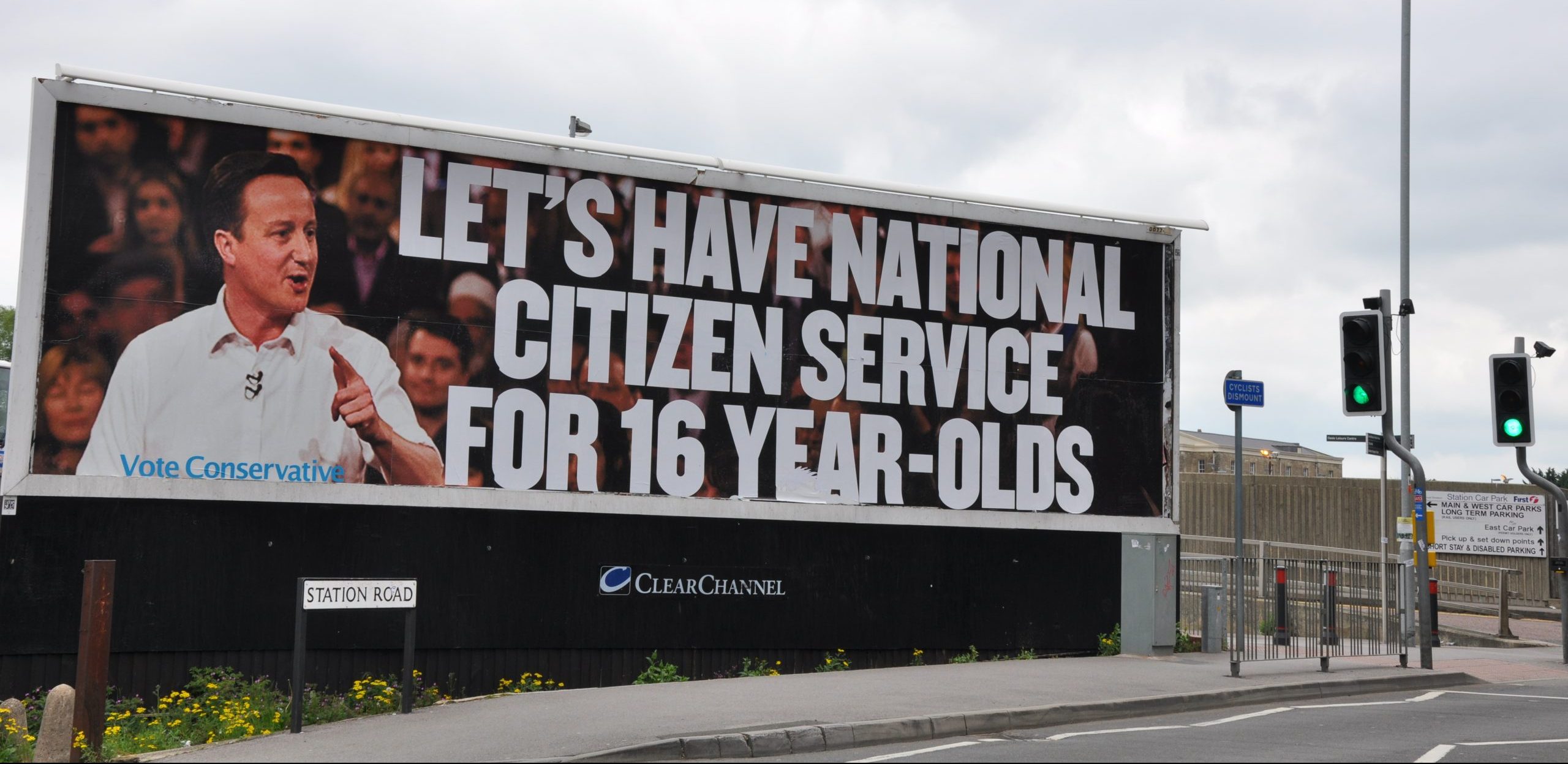8.3.1 Multiculturalism’s Rivals
Arjun Tremblay
Multiculturalism, as a model of immigrant integration, is no longer the only game in town., as other public policies are now being deployed to to deliver integrationist outcomes. One of multiculturalism’s main rivals are the civic integration policies, as they have come to be known, that governments in a number of European democracies have adopted. These policies make it an immigrant’s responsibility – as a precondition for permanent residency and citizenship acquisition – to demonstrate basic fluency in the national majority’s language as well as an understanding of the national majority’s key societal values. While civic integrationism (i.e., the guiding public philosophy behind civic integration policies) embraces an open-ended conception of national identity that can be shaped by immigrants and that can reflect a diversity of cultures, it nonetheless views the protection and preservation of minority cultures as a private affair and not the responsibility of government and public institutions. Some observers argue that the design and implementation of civic integration policies in the Netherlands in the late 1990s and early 2000s is evidence of the “retreat” of Dutch multiculturalism.
Another alternative to multiculturalism is muscular liberalism, a term coined by former British Prime Minister David Cameron in a speech he gave at the Munich Security Conference on February 5, 2011. In his speech, Cameron advanced muscular liberalism as a policy alternative to New Labour’s “doctrine of state multiculturalism”. He argued that this doctrine had “encouraged different cultures to live separate lives, apart from each other and apart from the mainstream” (Cameron, 2011) and, in so doing, had exacerbated issues of extremism and radicalisation in some British minority communities. By contrast, Cameron’s policy of muscular liberalism would deliver integration by “making sure that immigrants speak the language of their new home” (ibid), by instilling a sense of “common purpose” (ibid) in members of majority and minority communities, and by creating a program (i.e., the National Citizen Service) to encourage youths aged 16 and 17 from diverse backgrounds to interact with each other and engage in team-building exercises. Muscular liberalism was implemented in a variety of ways during the two Cameron Conservative governments (2010–2016), most notably in a provision in the Counter-Terrorism and Security Act 2015 requiring that authorities “prevent people from being drawn into terrorism” (Counter-Terrorism and Security Act 2015, c. 6, Part 5, Chapter 1, Section 26) and in reforms to the national curriculum requiring that public schools promote “British values.”

Interculturalism is an integrationist alternative to multiculturalism that is distinctly Québécois in its origins. Interculturalism has two key tenets: 1. An openness to immigration and a receptiveness to cultural diversity and 2. Ensuring the continuity of the majority culture which, in the case of Québec, is the culture of a nation that was forcibly incorporated into the Canadian state. Interculturalists point to the deployment of official multiculturalism in Canada in response to the rise of Québécois nationalism as evidence of multiculturalism’s blind spot when it comes to protecting minority nations. Thus, they argue, an alternative integrationist model is needed to ensure both “fair” immigrant integration as well as the continuity of the minority nation’s societal culture. The development of interculturalism as a public philosophy is most readily associated with a series of recommendations issued by the Commission on Accommodation Practices Related to Cultural Differences; the Commission was launched by the Charest Liberal government in 2007 and was co-chaired by Charles Taylor and sociologist Gérard Bouchard.
Media Attributions
- David Cameron 2010 billboard © Ben Sutherland is licensed under a CC BY (Attribution) license
embraces a national identity that can reflect a diversity of cultures while viewing the protection and preservation of minority cultures as a private affair and not the responsibility of government and public institutions
coined by British Prime Minister David Cameron, aims to deliver integration through instilling a sense of ‘common purpose’ which includes the promotion of British values in public schools and ‘making sure that immigrants speak the language of their new home’ (Cameron, 2011)
openness to immigration and cultural diversity while ensuring the continuity of the majority culture, distinctly Québécois in its origins

